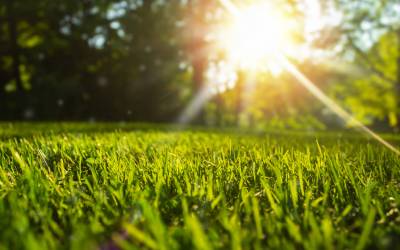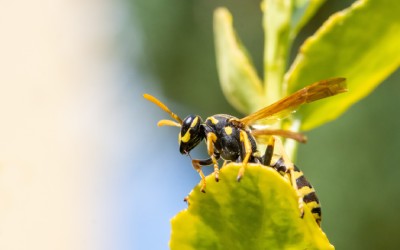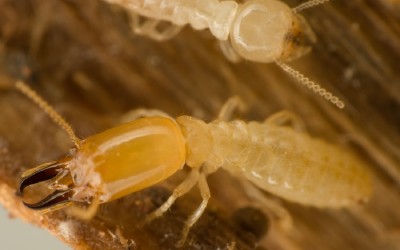If you’re looking forward to spring in Winston-Salem, you’re not the only one. All across the region the weather is starting to warm, and plants and trees are preparing to blossom and face the sun. We’re gradually emerging from our cozy winter hideouts, but as the weather warms up, pests prepare to do the same thing. So you run the risk of your newly-habitable yard being swarmed by insects like termite, bees, wasps and ants.
How can you protect yourself and your property? Let’s talk about it more below.
What Makes Insects More Active
Insects adjust their behaviors to follow the ebb and flow of the weather. In the cold season they tend to burrow underground, or enter nearby structures, to protect themselves from the chill. Then, when the winter passes and the days get warmer, these insects emerge from hiding with plans to breed and feed. They’ll get more aggressive the nicer the weather gets, and certain pests will tend to build their nests on or near homes or businesses.
Protection for Your Yard and Home
- There are a variety of pests that we deal with in Winston-Salem throughout the year, but the most common springtime pests are:
- Wasps
- Bees
- Ants
- Termites
What can you do to keep your property safer from these insects? The answer depends on the pest itself. Wasps are drawn to protein-based foods, so if you make sure to clean any leftovers after barbecues you effectively remove an easy source of food. Bees, on the other hand, mainly look for shelter, making it crucial to seal openings into your home and keep your yard clear of debris. This, along with limiting sources of standing water, will also deter ants and termites. Be sure to also Check your eaves to make sure there are no bee or wasp nests being constructed there.
There is more you can do to exclude pests in Winston-Salem, but at the same time there’s only so much you can do on your own. If you want to be fully protected from insects and more, you’ll need the help of a professional like the team at McNeely Pest Control, Inc.
Comprehensive Protection with McNeely Pest Control, Inc
If you have an infestation, you shouldn’t be expected to wipe it out by yourself. Instead of wasting time on DIY pest control that rarely works as well as intended, call the experts at McNeely Pest Control, Inc. Our exterminators have 23 years of experience in all manner of residential pest control. When warm weather insects appear, so do we – and we have the solutions you need to be pest-free this spring and year-round. Contact us today to get started!




